On Betfair Chase day last November, Betfair launched its one-of-a-kind charity initiative, the ‘Rachael Blackmore - Serial Winners Fund’, to benefit both the Injured Jockeys Fund and Irish Injured Jockeys.
The fund currently stands at £155,000 and is expected to reach £250,000 by Grand National Day, Saturday April 13th, when the fund will draw to a close. This weekly column seeks to shed some light on how jockeys have, and will continue to benefit from, the work the IIJ and the IJF do, and some of the services this contribution will go towards.
Tell us about an experience where mental strength played a crucial role in overcoming a challenging situation in your career to date.
The second time I broke my back was the biggest struggle I’ve had in the game. After falling at Downpatrick I spent two nights in hospital in Ulster. After driving back down to Limerick, I was told to go back into hospital in Limerick.
From the start of the season I had ridden nine winners and was riding at my very best. However, when I came back from breaking my back I had no winners before breaking my leg and being sidelined again.
At the time I took my frustration out on those around me, but thankfully this experience taught me how to cope with frustration and how to deal with it in a more constructive manner, which has stood to me throughout my career.
How do you maintain focus and stay resilient amid all the highs and lows?
From my time in college in the University of Limerick, I learned that life is not all about racing and that there is a big world outside of it. That was a great leveller for me, knowing that - despite the highs and lows that exist within racing - I still had to pass my exams, et cetera. outside of racing.
As well as this, I learnt that we all have bad days and without them you can’t really appreciate the good days.
How has the ability to bounce back from disappointments contributed to your overall success as a jockey?
You’re guaranteed to be disappointed in this game. There are weeks where you can’t see where the next winner will come from but if it is not hard, it won’t be better in the end. Those hard times will go, try not to change what you’re doing - gotta keep the work ethic that’s gotten you where you are.
If things go wrong, I will be hard on myself, but just for a short period of time. When I was younger, I found it a lot harder to trust the process, as the gaps in between rides were longer but now that I am older and busier I can bounce back faster. The importance of having good people around for those frustrating moments is so important. Having people who are willing to chat about anything else to distract the mind is very important, as it helps to occasionally switch off from racing.
Are there specific mental exercises or routines you practice to enhance your mental strength?
I really try to learn from my mistakes. More recently, in the last year and a half, I have started reading a few books and try to take the positives from them and incorporate them into my life.
One book that stands out for me is Not a Life Coach by James Smith. This book talks about getting through any stressful situation and it helped me to learn how to move on from mistakes.
Can you recall a race where maintaining a positive mindset was pivotal to winning?
I can’t recall a specific race but one weekend in 2022 stands out to me. I had a nice winner at Down Royal on Thursday named Roi Mage. Following this success, I was riding with a more bullish, positive attitude. This attitude came with me across to the Cheltenham Festival the following day, when I won the Martin Pipe aboard Banbridge.
By Saturday morning, I was riding with the best mindset I’d ever had. So much so that I managed to finish second in the Midlands National at Uttoxeter on Saturday before winning the Ulster National at Downpatrick on the Sunday on Spades Are Trumps.
How do you handle the weight of expectations, both from yourself and others?
With the great team of people around me, I don’t need to stress about their expectations as long as I show up and put my best foot forward.
As long as I can tell myself that I did everything I could, I can deal with that. Everyone has expectations in life, there is no benefit to worrying about how things will unfold. Throughout my career I have learnt how to cope with expectations and have learnt to block them out and focus on the job I have to.
Are you a naturally confident person or is that something you have to work hard at?
I would say that I am getting more confident, but I have had to work very hard to become confident. When you can grow your confidence everything in life becomes better.
Starting off and experiencing a lot of injuries has definitely stood to me. The way things didn’t happen too quickly and that I have been grafting in order to ride out my claim, as well being shown continued support from contacts, has slowly but surely helped to build up my self-belief and confidence.
What do you do to switch off?
I tend to prefer doing activities with people rather than just lounging about. In the summer I try to play a few rounds of golf and I also enjoy looking after young horses or going out hunting whenever I can.
What message would you give to someone who is struggling to cope with pressure or disappointment in their professional life?
Everyone goes through stages of feeling the pressure at some point. What works for me is breaking seemingly big things down into smaller, more controllable parts that can be improved on. In other words, control the controllables.
Have you ever availed of support from the Injured Jockeys Fund or Irish Injured Jockeys?
Of course, they really are a great team. From our doctor Jennifer Pugh to our physio John Butler, they are a great team of people, always there to talk to about any concerns or thoughts. They are always happy to help with any mental or physical well-being concerns, even if it’s not their job. They really do care for us in every way they can.
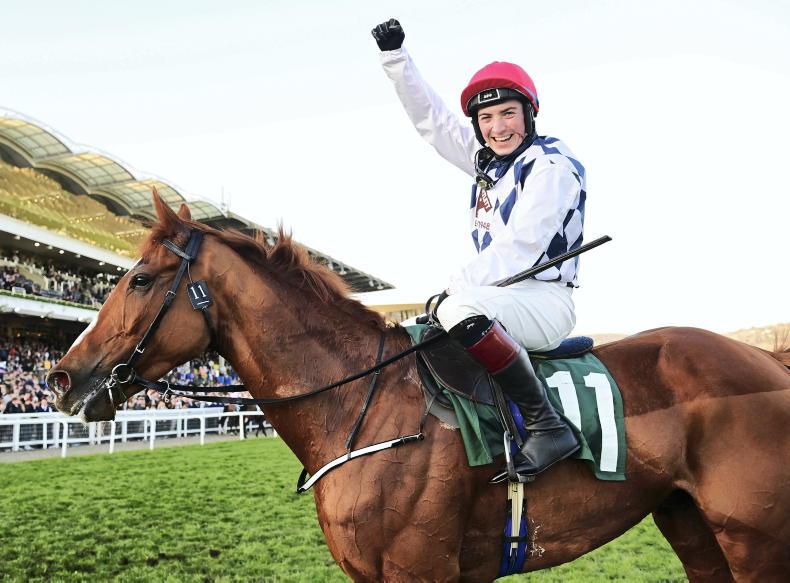

 This is a subscriber-only article
This is a subscriber-only article
 It looks like you're browsing in private mode
It looks like you're browsing in private mode




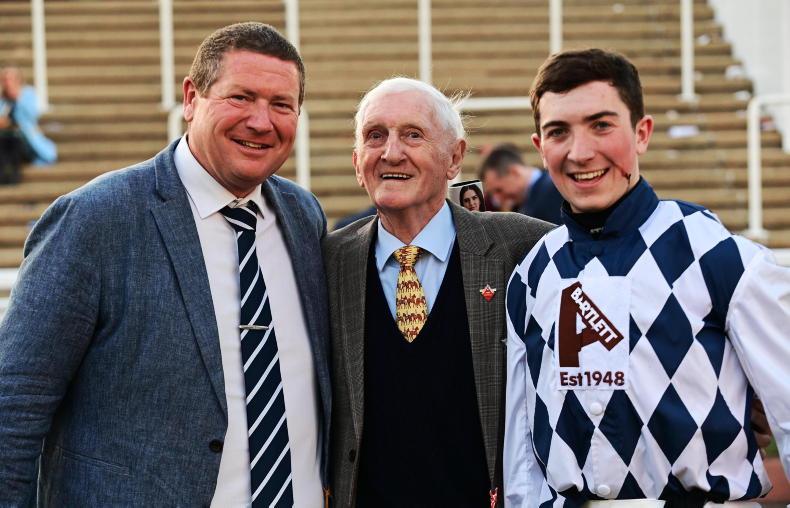
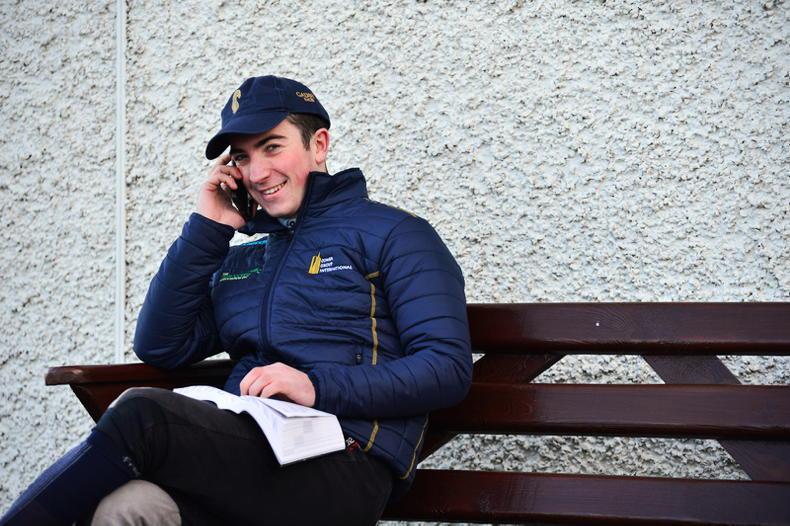
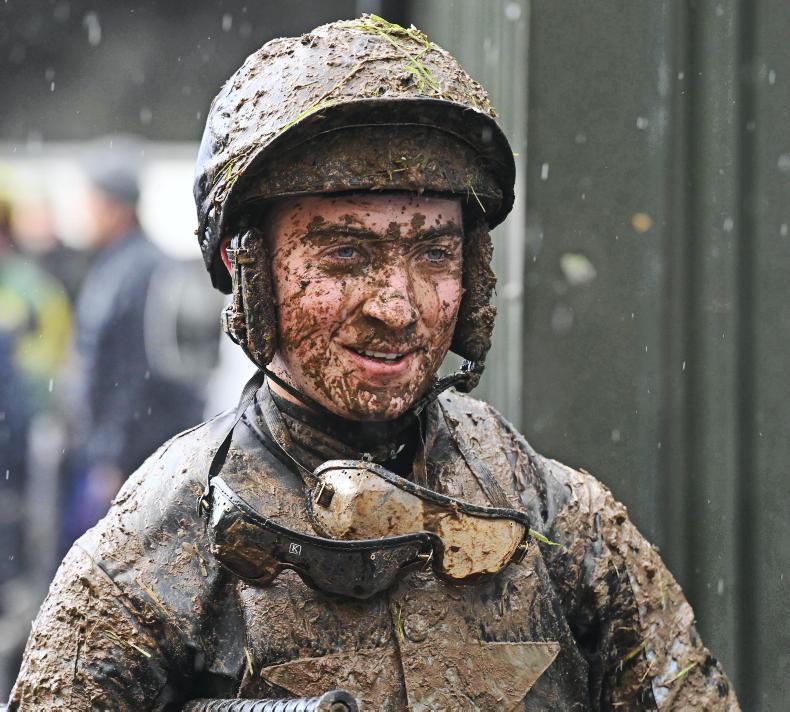
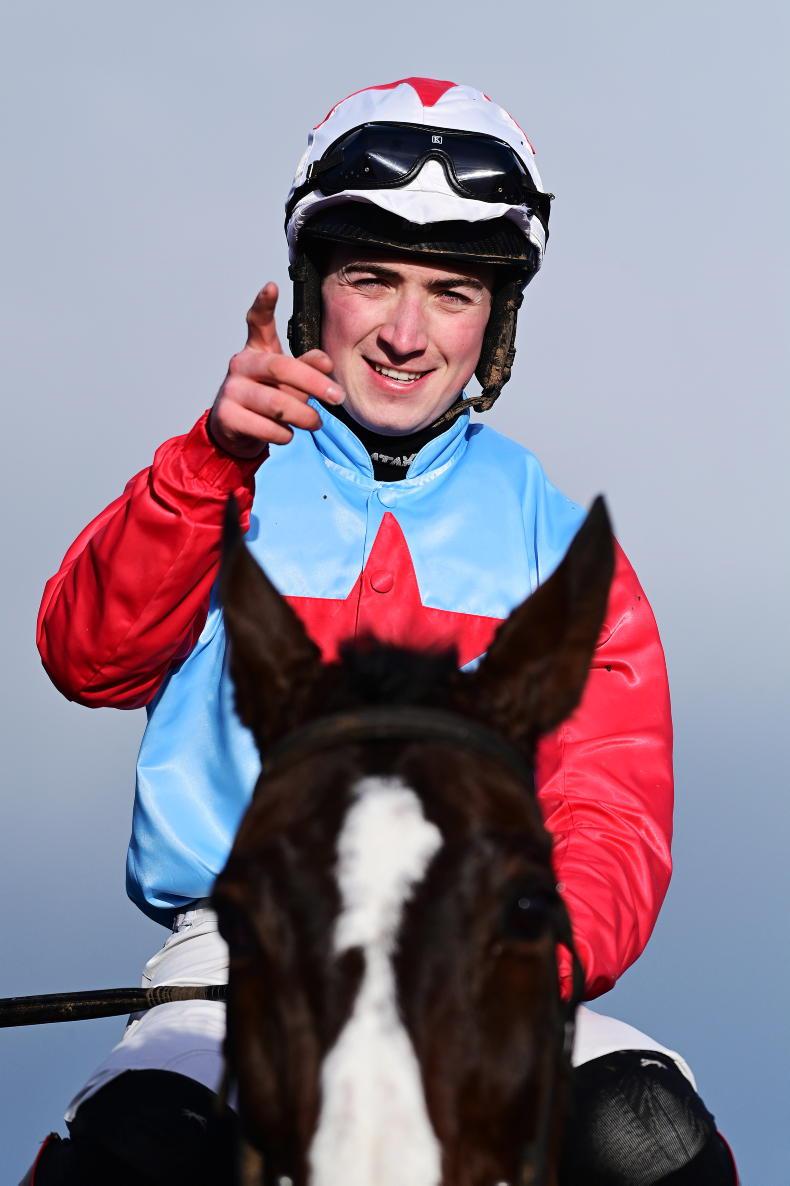

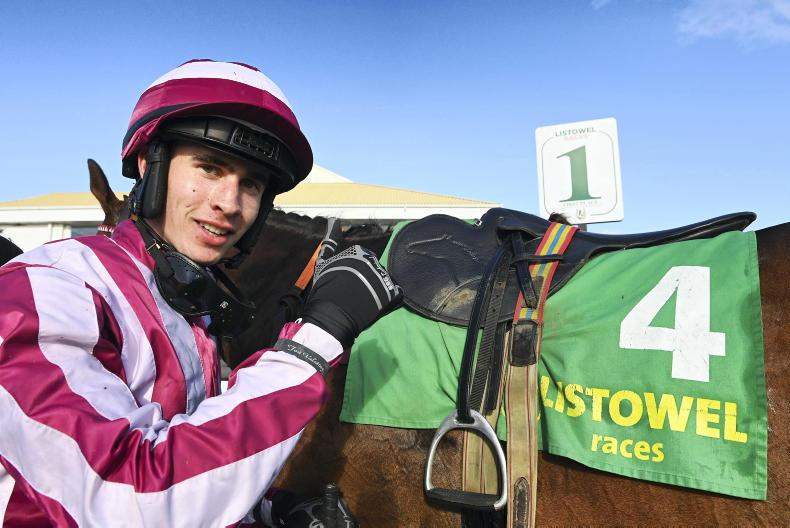

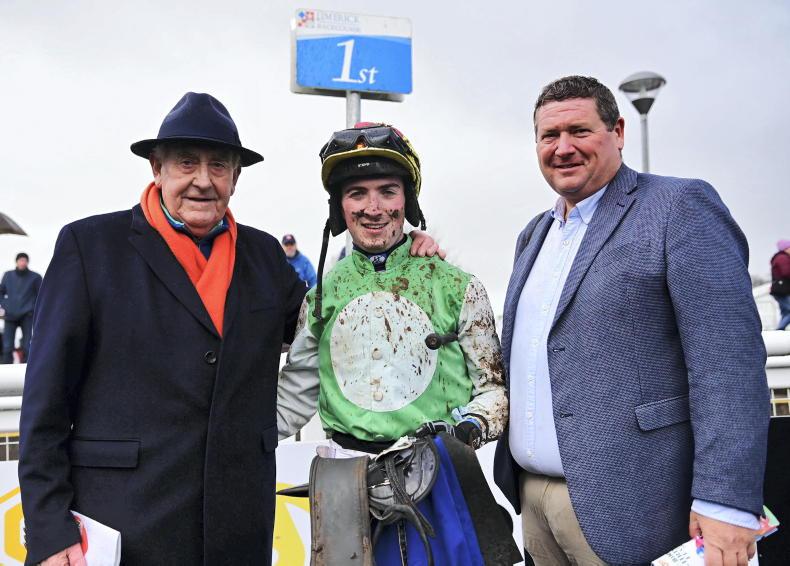
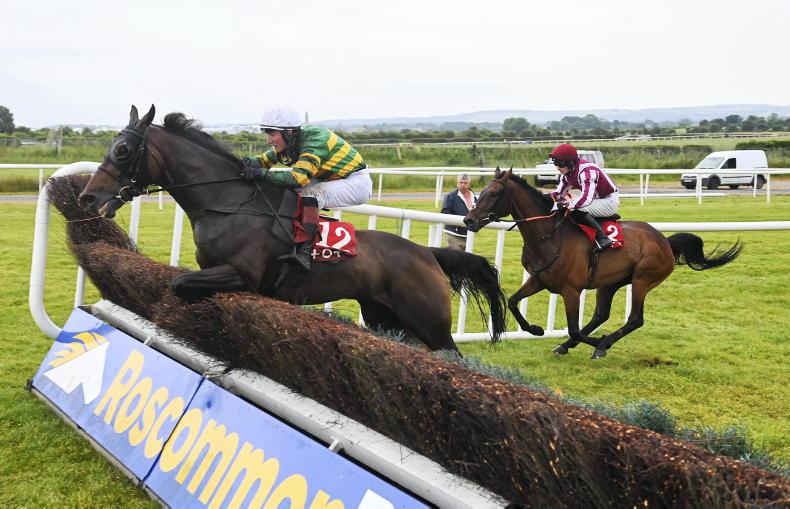
SHARING OPTIONS: